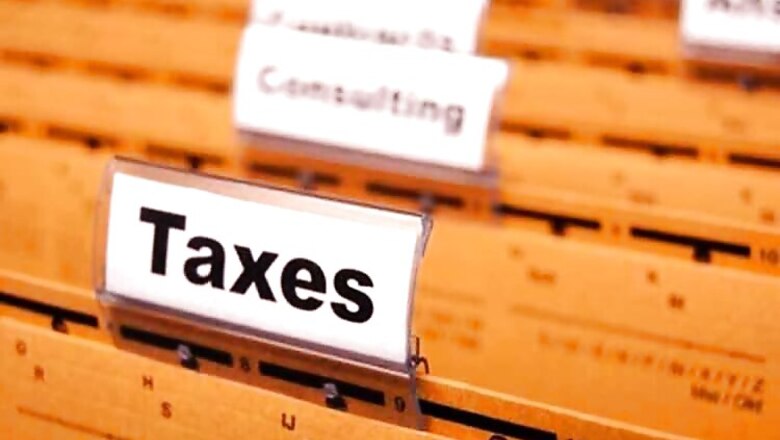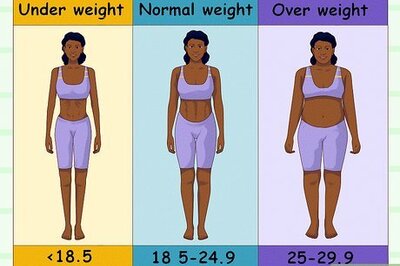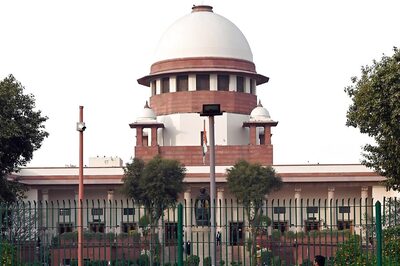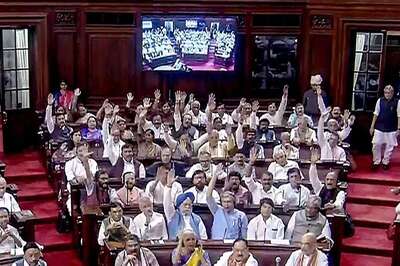
views
With Land Bill stuck with the Joint Parliamentary Committee (JPC), the Central government is giving one final push to the Goods and Services Tax Bill (GST) Bill in the Winter Session of Parliament that begins on Thursday. The government is in talks with the Opposition to consider demands like lowering the GST which is pegged at 18% to end the existing political logjam.
Congress has also demanded that the rate of GST be mentioned in the Bill and wants the government to reconsider additional charge of 1% which can be levied by states. But the 1% additional charge is being opposed by the Tamil Nadu government of J Jayalalithaa.
However, one of the points of contention is that if the government puts a certain figure in the bill, then changing that percentage in the future will need another amendment in the Constitution. Thus, the government is not in favour of mentioning the specific percentage in the Bill so that changes in it can be made merely through an executive order.
GST is a single unified consumption tax on both 'goods and services'. It is a value-added tax that is levied on the basis of place of consumption and not production. It is only levied only on value addition to goods and services.
GST is needed to maintain uniform taxation across states and to avoid cascading of taxes. A single tax structure will also ensure a simple structure, lesser paperwork, and will be easier to understand. A simpler tax structure can bring about greater compliance.
For the implementation of the tax, the Constitution defines the goods that can be taxed by States and the Centre. It does not allow states to tax supply of services and the Centre is not allowed to tax sale of goods.
To implement GST, an amendment in the Constitution is required. The 122nd amendment bill, 2014 was introduced in the Lok Sabha in the previous year to bring the change in the Constitution.
Bringing a GST will eliminate multiple taxes that are added to the cost of a product which is produced in one state and sold in another and therefore reduce its final cost.
As the number of tax payers will increase, the tax revenues, in turn, will also increase for the government. Goods and services according to the bill will be taxed on a common basis. It aims to eliminate all other forms of indirect taxation and allow competitive pricing. Decrease in the prices will also help in boosting consumption.
It will boost exports also. The current taxation system lead to distortion in allocation of resources and production inefficiencies. The GST can enhance India's GDP by 0.9-1.7% and increase the credit available across 'goods and services' even for inter-state procurements.




















Comments
0 comment